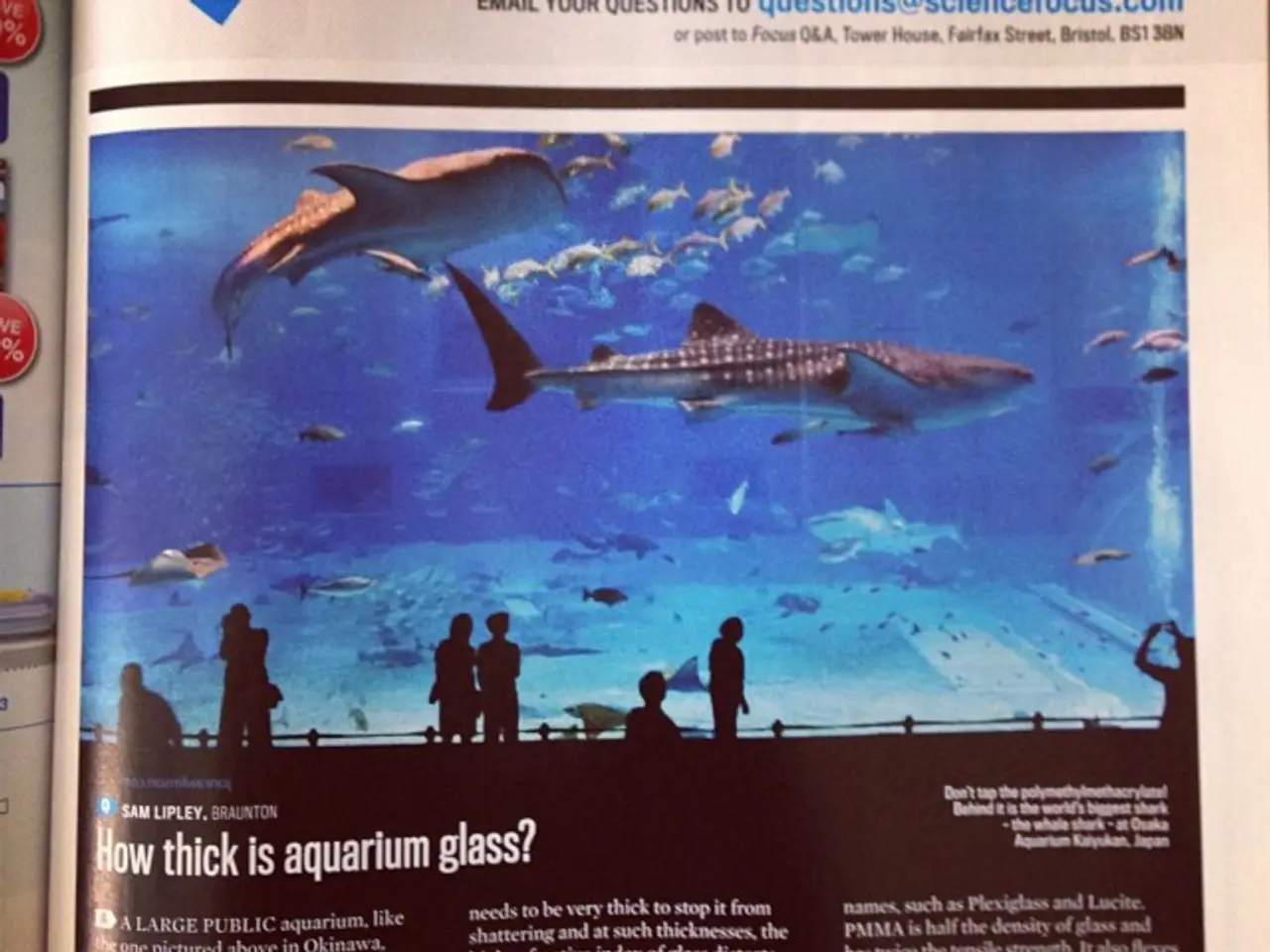Biological Basics and the Insanity of Prejudice: An Exploration of What Makes Us Human
In the complex tapestry of human society, the concept of dehumanization is a significant and concerning issue. Dehumanization, as defined psychologically and sociologically, is a cognitive and social process that leads individuals or groups to perceive others as less than fully human [1][2][3]. This perception, in turn, can justify harmful behavior towards those perceived as different.
Key causes of dehumanization include moral exclusion, social stigma, neural mechanisms, and belief systems. Moral exclusion allows for the treatment of out-groups as outside the scope of moral concern, enabling cruelty and discrimination [1]. Social stigmatization involves depersonalizing others into stereotypes to enhance one’s own self-esteem or social control, supporting in-group solidarity [2]. Neural mechanisms, such as reduced activation in brain areas involved in social cognition, lead to perceiving others as lacking human qualities [1]. Belief systems, which may view others as subhuman or metaphorically animalistic, justify harsh treatment and undermine empathy [3].
The effects of dehumanization are far-reaching and harmful. Psychologically, victims experience severe emotional harm, loss of dignity, and justification for violence or harsh treatment [1][5]. Socially, dehumanization fosters discrimination, social exclusion, support for repressive policies, and can escalate to atrocities like genocide or harsh immigration enforcement [1][4]. Interpersonally, it diminishes empathy and compassion, leading to social disengagement and conflict [1]. Ethically, dehumanization is seen as a profound moral violation, equated with seeing people as mere objects and denying their rational agency [3][5].
However, it's important to note that humans have evolved strong capacities for empathy, which can be activated by exposure to others' lived experiences. Neuroscience and social psychology demonstrate this capacity [4]. Direct interaction with people from different backgrounds also reduces prejudice. Ignorance and lack of empathy can contribute to dehumanization.
In the biological realm, being human is determined by anatomy, genetics, and the ability to interbreed within the species Homo sapiens. Humans are characterized by traits such as upright bipedal locomotion, large and highly developed brains, smaller teeth and jaws, and advanced symbolic thought and culture [5]. Historically and culturally, narratives about the superiority of certain groups have persisted, often unconsciously.
The survival of the human species depends critically on actively countering dehumanization and bigotry because these attitudes fuel bias, injustice, and escalating conflicts worldwide. Understanding the psychological and social roots of dehumanization is crucial for developing interventions against prejudice and inhuman treatment.
References:
[1] Haslam, S. A., & Loughnan, S. (2014). Social psychology of dehumanization. Annual Review of Psychology, 65, 501-525.
[2] Cottrell, N. B., & Neuberg, S. L. (2010). Dehumanization and social exclusion. In M. Hogg, M. Abrams, & S. J. Mann (Eds.), Social psychology (4th ed.). Wiley-Blackwell.
[3] Fiske, S. T., & Rai, S. (2015). Dehumanization: An interdisciplinary approach. Oxford University Press.
[4] Eisenberg, N., & Lutyens, J. (2016). The neuroscience of empathy: An overview. Neuropsychologia, 94, 1-12.
[5] Wood, A. M., & Eagly, A. H. (2009). The role of gender in the development and expression of empathy. In M. Zahavi (Ed.), The Oxford handbook of empathy and morality. Oxford University Press.
- The neural mechanisms involved in dehumanization can lead to perceiving others as lacking human qualities, such as reduced activation in brain areas associated with social cognition.
- In the health-and-wellness and mental-health domains, victims of dehumanization often experience severe emotional harm, loss of dignity, and justification for violence or harsh treatment.
- Understanding the biological aspect of being human, determined by anatomy, genetics, and the ability to interbreed, is essential for promoting evolution towards empathy, compassion, and a rejection of dehumanization.




